Hi friends,
Emergency departments in Canada are crowded and overwhelmed.
But does it have to be that way?
In our latest episode of Primary Focus, I take you behind the scenes of two Dutch after-hours clinics — one in Nijmegen, the other in Amsterdam — to show you what’s possible when we organize care differently.
In the Netherlands, family doctors are responsible for care 24/7. But that doesn’t mean they’re on call every night.
About 25 years ago, Dutch GPs realized the old system — where each doctor was on call for their own patients — wasn’t sustainable. So they did something bold: they came together to create regional after-hours cooperatives, sharing responsibility and creating a structure that actually works.
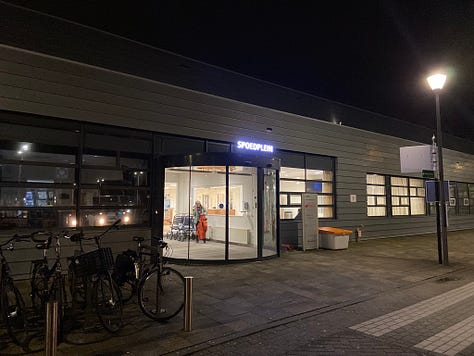
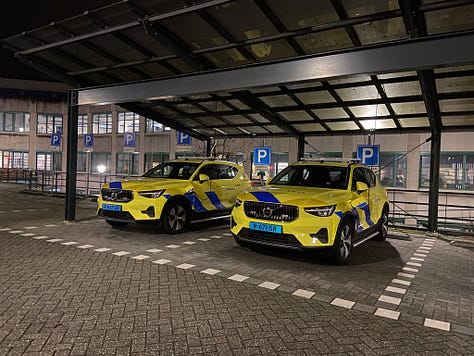
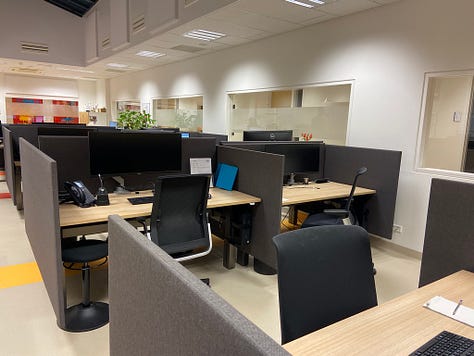
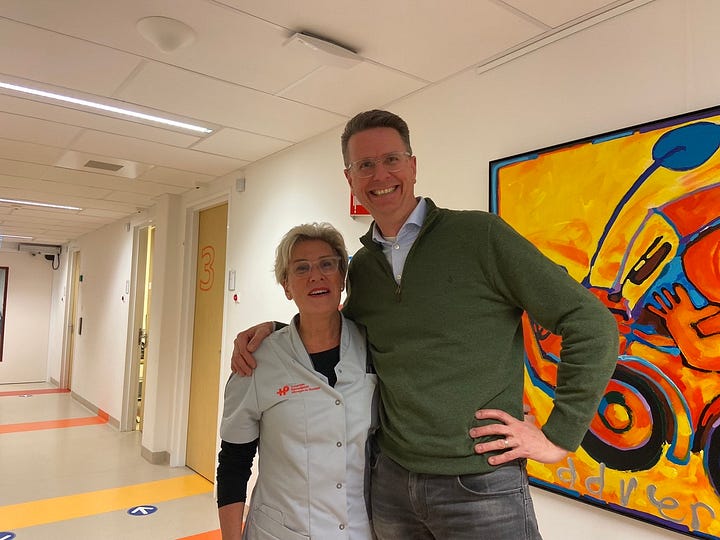
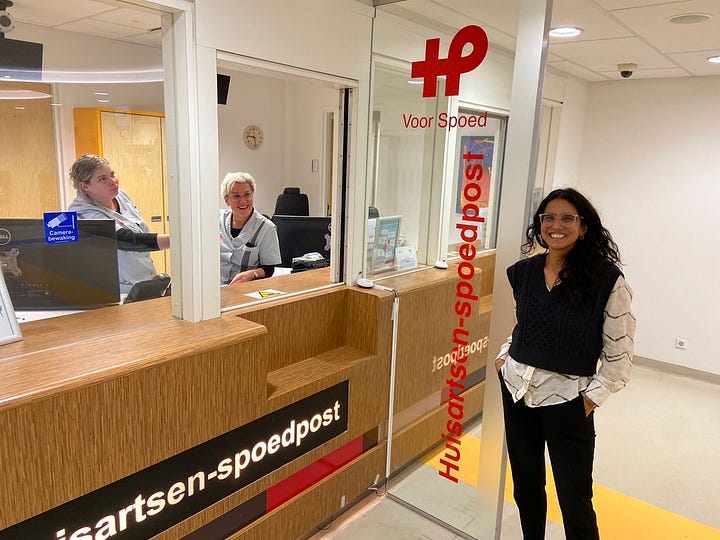
If someone needs care after-hours, there’s one number to call.
That call is answered by a well-trained practice assistant who uses detailed primary care triage algorithms to determine whether this is something that can be resolved over the phone, wait till the next day or needs to be assessed in person.
If a patient needs to be seen in person, they can come to the clinic — or if a patient is homebound, a driver takes the GP right to the patient’s home.
It’s a model that that centres the patient and protects the doctor — and it works.
And as a result? Emergency departments are empty.
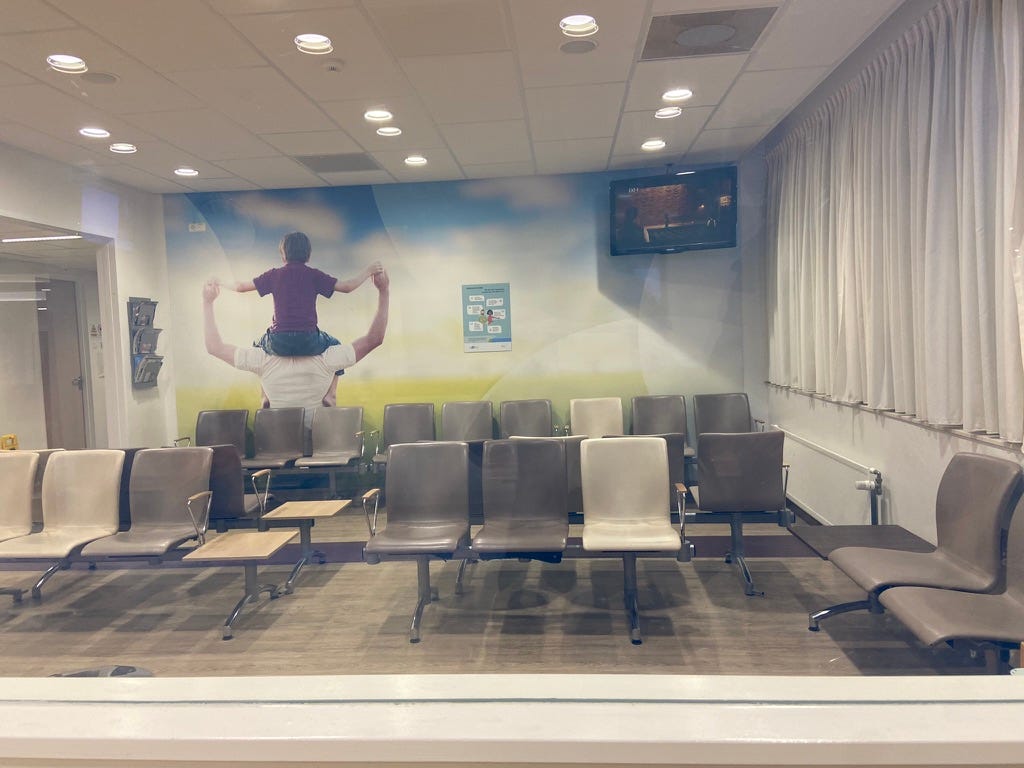
This is the third part of our four-part series from the Netherlands — and each episode has uncovered a new layer of what’s possible when we organize primary care around patients.
Next week, we wrap up the series in conversation with Rosemary Hannam, who joined me on this trip and has since become the Strategic Advisor on Primary Care at Ontario Health.
We’ll reflect on the biggest takeaways, what we were surprised by, and what we think is actually possible here in Canada — if we’re ready to make bold, intentional change.
Stay tuned.
Warmly,
Tara
Dr. Tara Kiran
Host, Primary Focus











Share this post